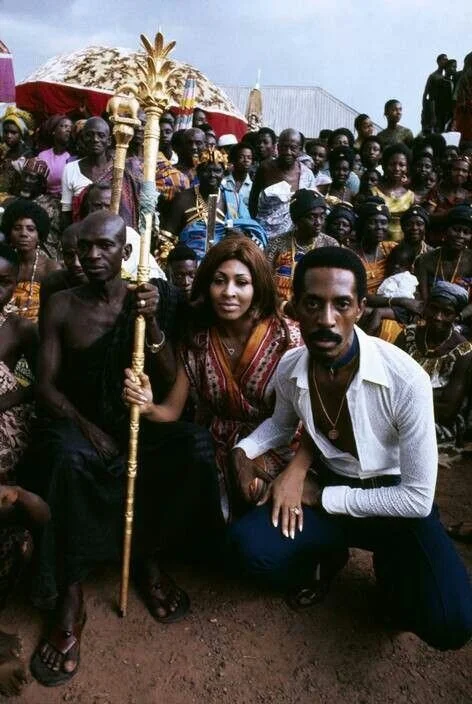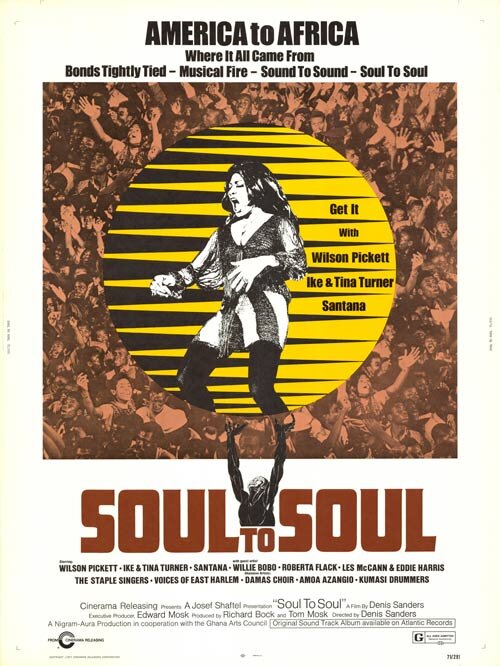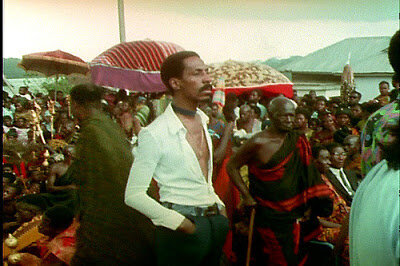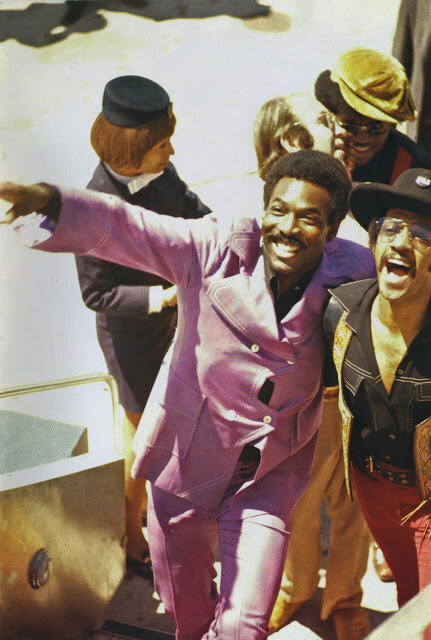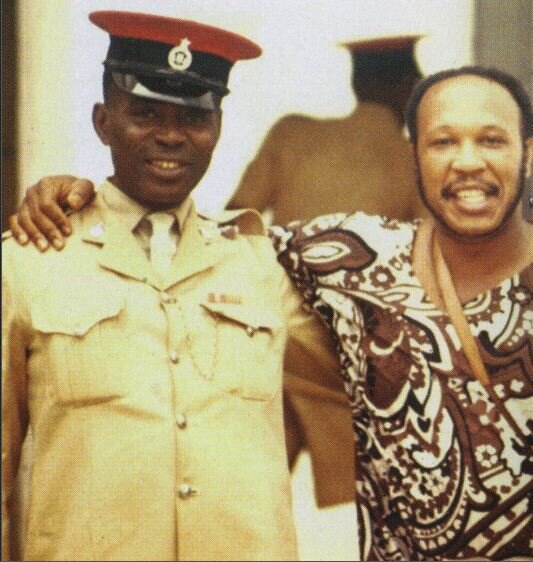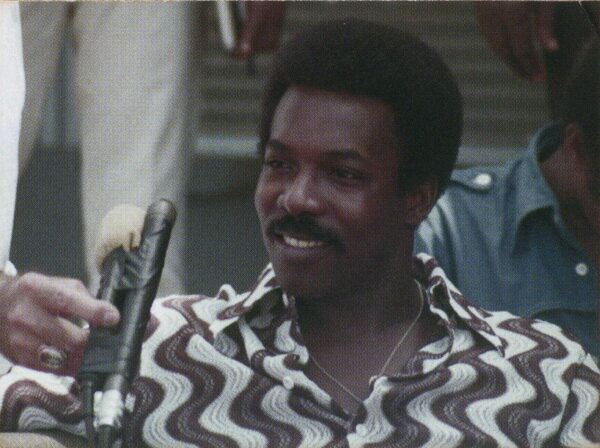Soul To Soul: Ghana’s First Festival That Used Music To Connect The African Diaspora
Soul to Soul was the first music festival designed to bridge the gaps between the African continent and the diaspora. In 1971, Tina and Ike Turner organized and headlined the concert, bringing the soundtrack of Black American life in the ’70s to Accra, Ghana.
Tina and Ike Turner in Accra, Ghana for Soul to Soul, 1971.
In the weeks leading up to the concert, local newspapers in Accra urged Ghanaians to show up at the airport to greet the American artists—many of whom were visiting the continent for the first time. On the day of the show, people started showing up at Black Star Square hours before the concert began. It went from 5:30 PM until almost 7 AM the following day.
Before stepping on the continent, the concerts’ promotional flyers used slogans like “Where It All Started” to nod to our shared ancestral history. The mashup of cultures saw performances from American soul artists like Roberta Flack and Ghanaian highlife musical pioneers like Kwa Mensah.
A place of peace and refuge for African American activists and artists like Maya Angelou, Ghana has long been a conduit for Pan-Africanism. In the spring of 1971, when Ike and Tina Turner headlined Soul to Soul, they used music to bridge the diaspora and the continent. While soul music might’ve been born in the belly of America’s deep south, it is rooted in the rhythm of Africa.
Wilson Pickett in Accra for Soul to Soul, 1971.
Today, music festivals like AfroFuture and Black Star Line Fest are happening in Accra, bringing together Black folks from North American, Europe, and the continent. Music will forever be a uniting force for us, and we must continue building the connections that the elders and ancestors already began.

